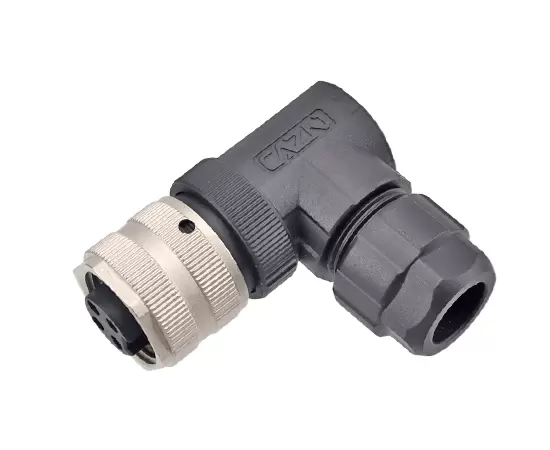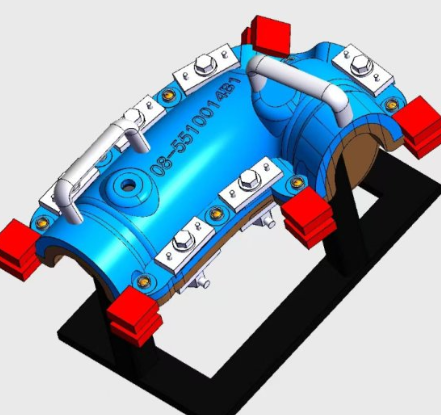In today's rapidly evolving automotive industry, the debate between fuel-powered and electric cars has gained significant traction. With concerns about environmental impact, fuel efficiency, and technological advancements, consumers are left wondering which option is truly the best. In this blog post, we will delve into the intricacies of both fuel and electric cars, analyzing their pros and cons to determine the ultimate winner.
- Environmental Impact:
Fuel Cars: Traditional internal combustion engines emit greenhouse gases, contributing to air pollution and climate change. The extraction, refining, and transportation of fossil fuels further exacerbate environmental damage.
Electric Cars: Electric vehicles (EVs) produce zero tailpipe emissions, significantly reducing air pollution. However, the environmental impact of EVs depends on the source of electricity generation. Utilizing renewable energy sources ensures a greener footprint. - Fuel Efficiency and Cost:
Fuel Cars: Internal combustion engines have improved over the years, offering better fuel efficiency. However, fluctuating fuel prices and dependence on fossil fuels make them vulnerable to economic uncertainties.
Electric Cars: EVs are highly energy-efficient, converting a higher percentage of stored energy into motion. Although electricity costs vary, they are generally lower than fuel costs, resulting in long-term savings. - Performance and Driving Experience:
Fuel Cars: Traditional cars offer a familiar driving experience, with powerful acceleration and a wide range of models to choose from. However, engine noise and vibrations may be a drawback for some.
Electric Cars: EVs provide instant torque, delivering quick acceleration and a smooth, silent ride. However, limited charging infrastructure and range anxiety may pose challenges for long-distance travel. - Maintenance and Reliability:
Fuel Cars: Internal combustion engines require regular maintenance, including oil changes, filter replacements, and tune-ups. Additionally, the complexity of mechanical components increases the likelihood of breakdowns.
Electric Cars: EVs have fewer moving parts, resulting in reduced maintenance requirements. With no oil changes or engine-related issues, the overall reliability of electric cars is higher. - Technological Advancements:
Fuel Cars: Traditional cars have seen significant technological advancements, such as hybrid systems and improved fuel injection. However, the scope for further innovation is limited due to the reliance on fossil fuels.
Electric Cars: EVs are at the forefront of automotive innovation, with ongoing advancements in battery technology, charging infrastructure, and autonomous driving capabilities. The potential for future developments is vast.
Conclusion:
After a comprehensive analysis, it is evident that electric cars have a slight edge over fuel-powered cars in terms of environmental impact, fuel efficiency, and long-term cost savings. However, fuel cars still hold advantages in terms of performance and driving experience. As technology continues to evolve, electric cars are poised to dominate the automotive industry, offering a greener and more sustainable future.





